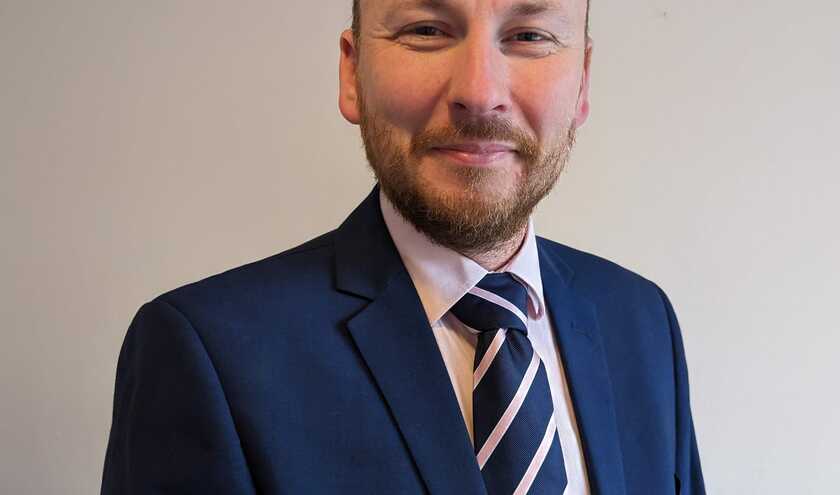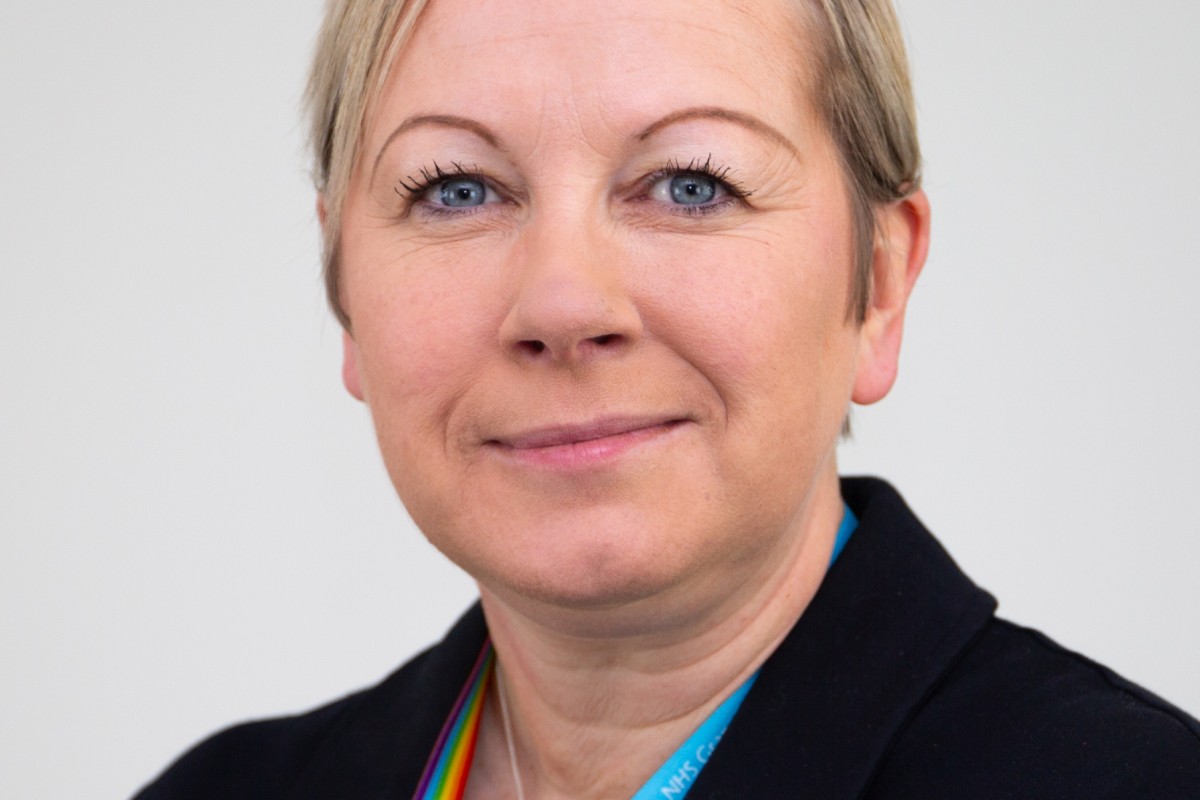Conducted by the National Confidential Enquiry into Patient Outcome and Death (NCEPOD) and led by David McWilliams, Professor in Critical Care and Rehabilitation at Coventry University's Centre for Care Excellence, Recovery Beyond Survival, reveals a lack of co-ordination and consistency is having a negative impact on patients' recovery.
Professor McWilliams, who compiled the report alongside Dr Alexander Goodwin from Royal United Hospitals Bath NHS Foundation Trust, said: ‘Patients surviving a period of critical illness are often left with complex and multifactorial rehabilitation needs. The report has found there is often a failure to identify these needs, with a tendency to focus on medical management and physical rehabilitation without consideration of wider rehabilitation needs such as mental health or nutrition. Even where rehabilitation need was identified, access to rehabilitation was often delayed and inconsistent.
‘These problems are further compounded as patients are stepping down from intensive care to the ward. Patients are moved to a variety of specialty areas related to their primary condition, meaning the availability of allied health professionals and therefore the rehabilitation provided can vary significantly. We found there is often a lack of co-ordination in this care pathway, with missing or incomplete handovers resulting in a lack of understanding of exactly what care and rehabilitation a patient needs to continue their recovery.'
The report identifies the need for timely and comprehensive assessments of rehabilitation needs, along with better access to and more joined up working between members of the multidisciplinary team.
‘This needs to continue as patients move through the hospital and when they are discharged home, ensuring referrals are in place and holistic rehabilitation is delivered as part of a seamless pathway,' Prof McWilliams added.



